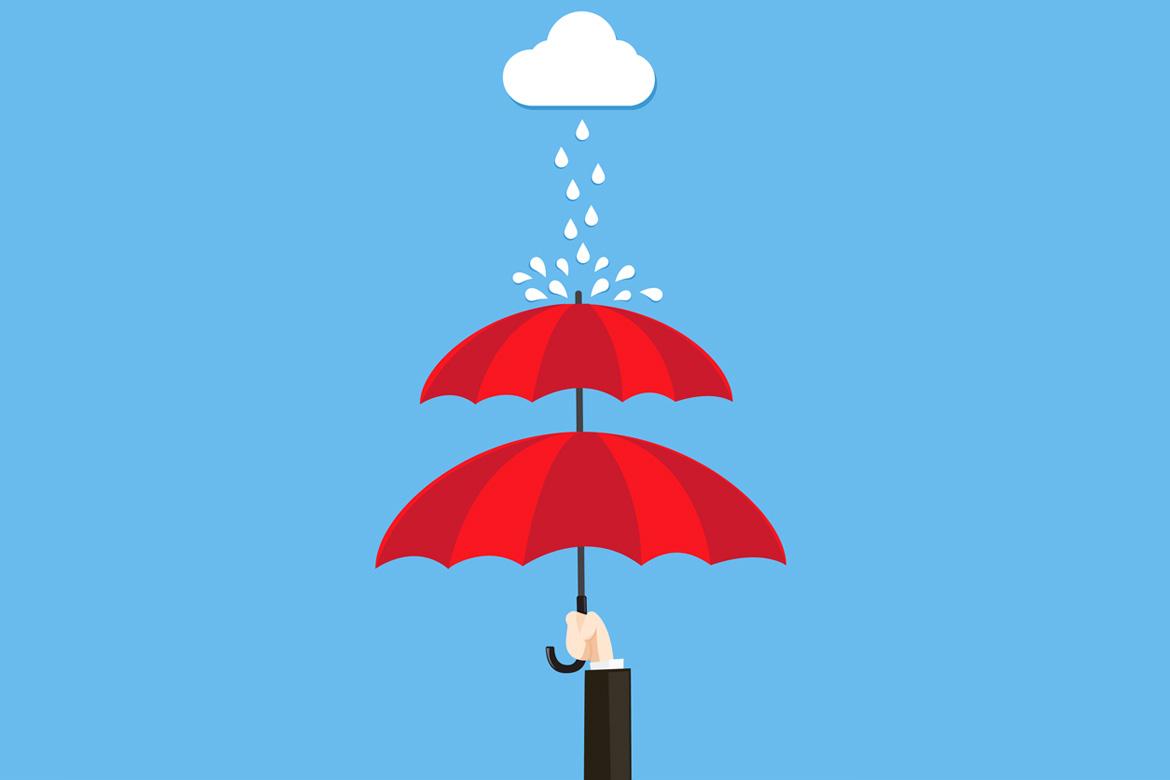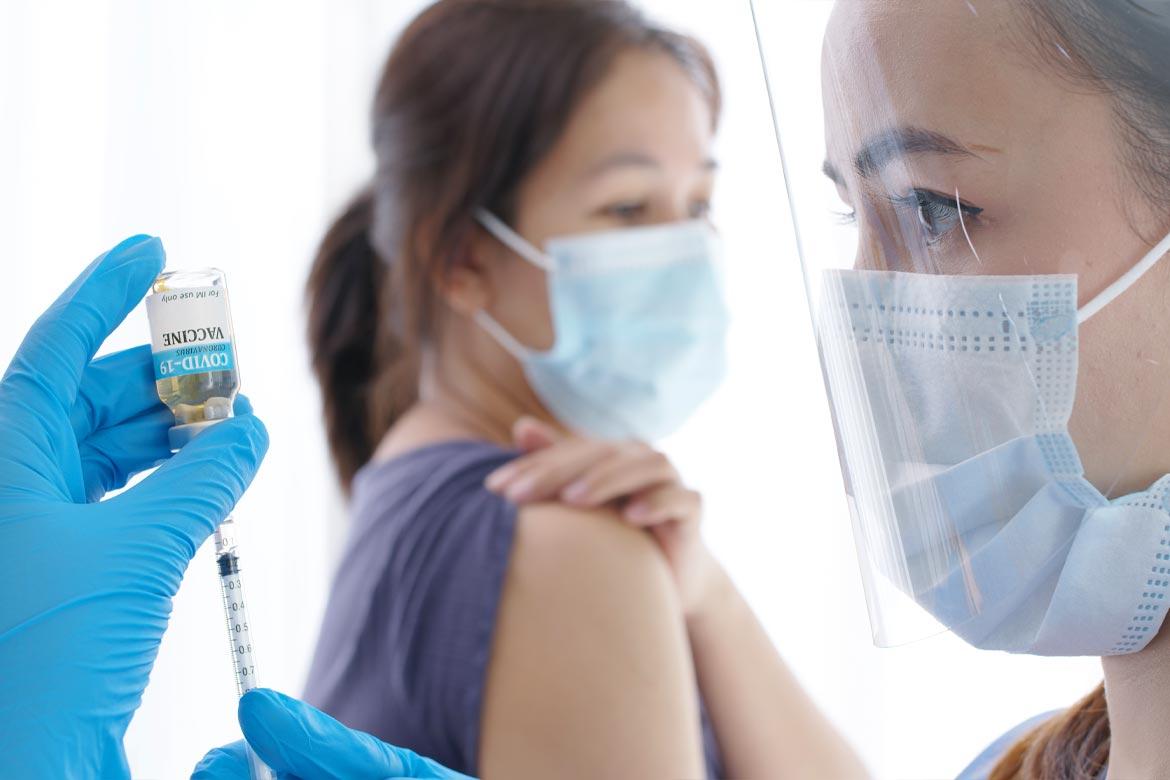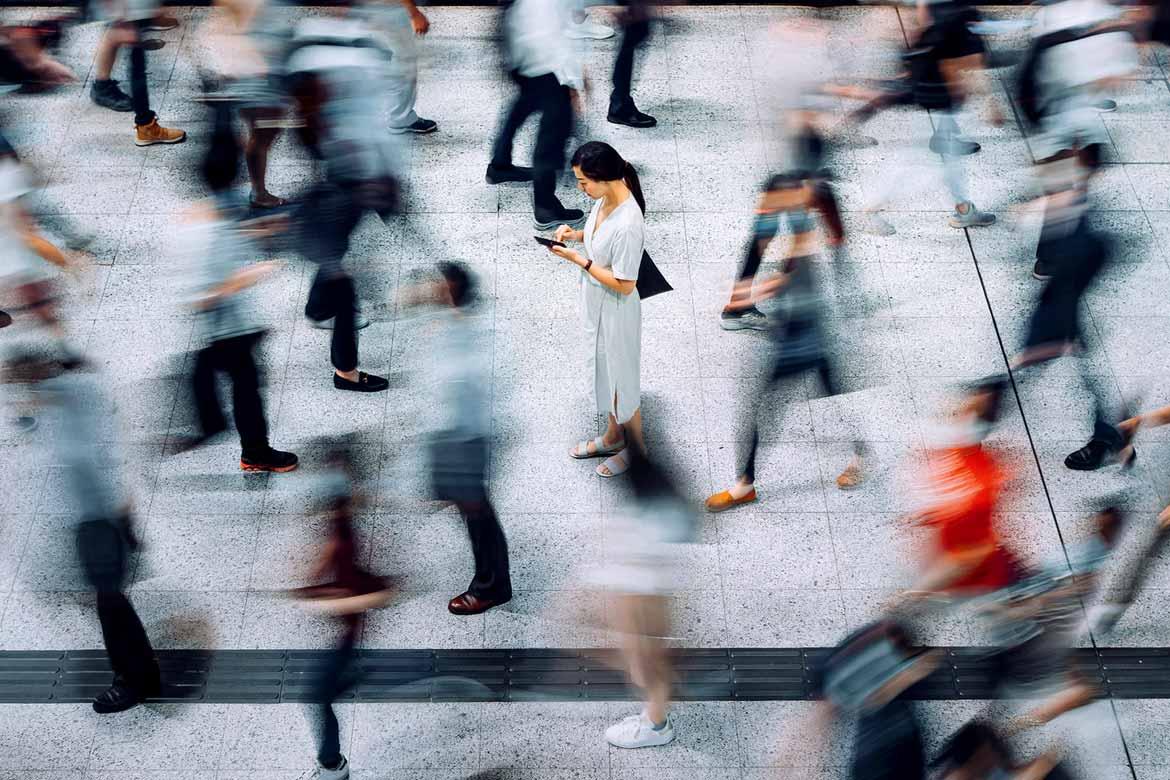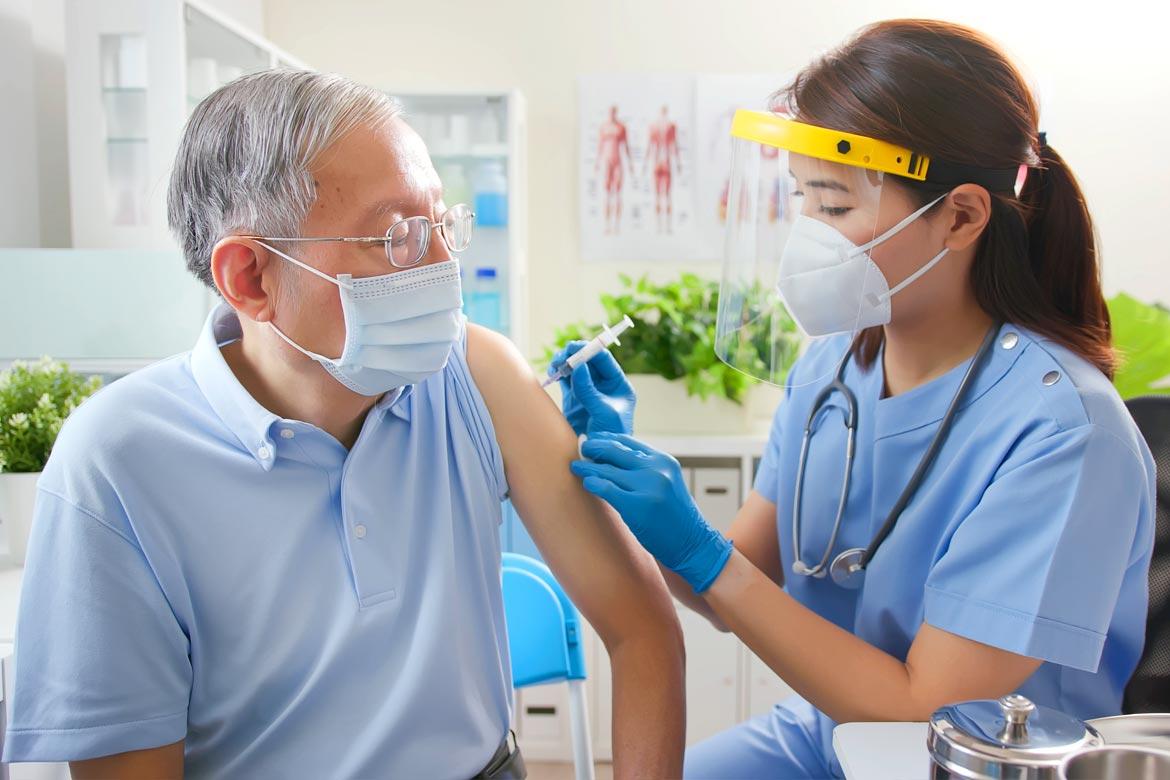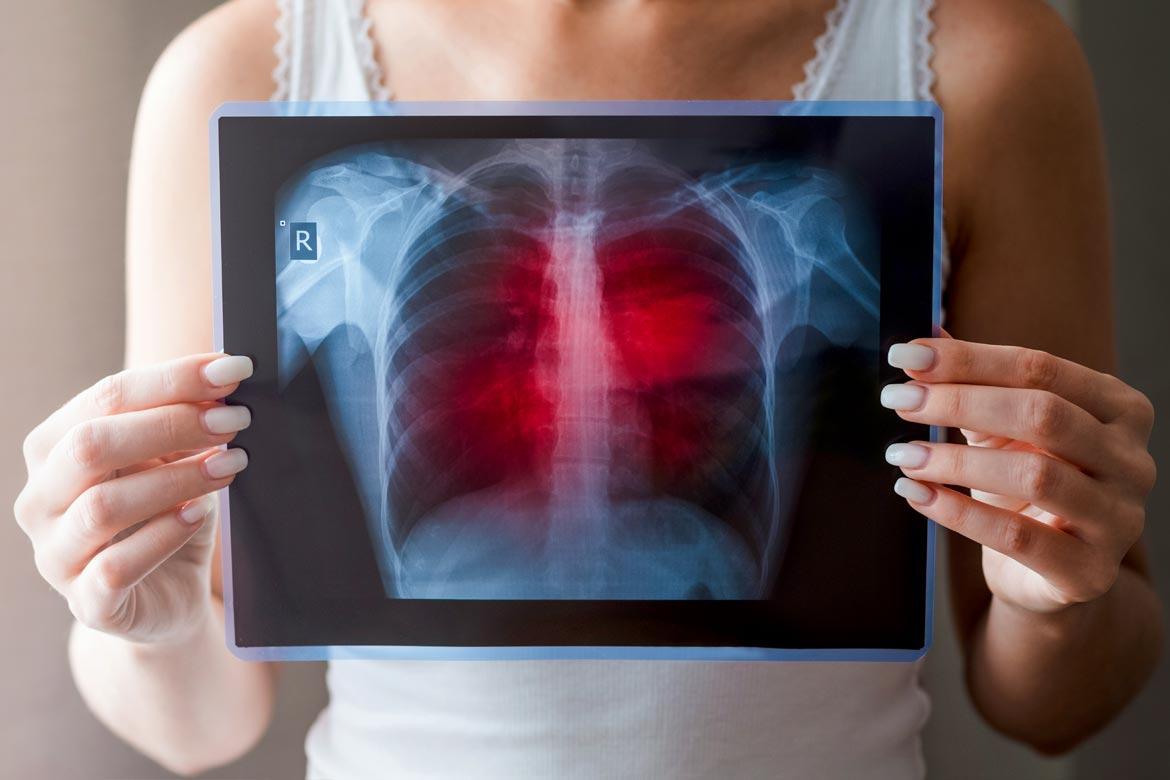-
-
Featured Care Areas

COVID-19 Vaccines
What is a COVID-19 vaccine?
A COVID‑19 vaccine provides acquired immunity against severe acute respiratory syndrome coronavirus 2 (SARS‑CoV‑2), the virus that causes coronavirus disease 2019 (COVID-19).
Types of COVID-19 vaccines
There are 5 main types of COVID-19 vaccines:
- Messenger RNA (mRNA) vaccines, such as Moderna/Spikevax and Pfizer-BioNTech (Comirnaty). mRNA vaccines contain material from the COVID-19 virus that instructs our cells to produce a protein that is unique to the virus. After our cells make copies of the protein, they destroy the genetic material from the vaccine. Our bodies recognise that the protein should not be present and work to produce antibodies to attack the virus.
- Inactivated whole virus vaccines, such as Sinovac and Sinopharm. These vaccines use weakened or inactive viral particles to stimulate our body to produce antibodies that will help neutralise the COVID-19 virus. Parkway Shenton clinics offer the Sinopharm vaccine. You may choose to take the Sinopharm vaccine as part of your primary series vaccination or as a booster dose.
- Viral vector vaccines, such as Oxford AstraZeneca, Johnson & Johnson, CanSino and Sputnik V. These vaccines use a modified harmless virus to induce your cells to make viral proteins. Your body’s immune system then mounts a defence against it.
- Protein subunit vaccines, such as Novavax. These vaccines use specific parts of the virus only, which is enough to trigger an immune response.
- Bivalent vaccines, such as the Pfizer-BioNTech/Comirnaty bivalent COVID-19 booster vaccine and the bivalent Moderna/Spikevax vaccine. These vaccines offer protection against 2 different variants of the COVID-19 virus – the original SARS-CoV-2 virus, and the Omicron variant(s). Compared with the original mRNA vaccines, these new bivalent COVID-19 vaccines also offer added protection against newer COVID-19 variants, including XBB.
Why do you need a COVID-19 vaccine?
COVID-19 is a highly contagious disease that can cause severe illness and death, especially among the elderly and other vulnerable persons (e.g. persons with 2 or more illnesses, or women who are pregnant).
Vaccination protects you and your loved ones from getting seriously ill or dying from a COVID-19 infection. Vaccination also helps to lower the risk of transmission and prevent Singapore's healthcare system from being overwhelmed.
Who should not take a COVID-19 vaccine?
COVID-19 vaccination is not recommended under these conditions:
- You have a history of allergic reactions of anaphylaxis to a COVID-19 vaccine or its components. Anaphylaxis is a severe, life-threatening reaction that includes 2 or more of these criteria:
- Hives or swelling of the face, eyelid, lip or throat
- Difficulty breathing
- Dizziness
- You are severely immunocompromised. Although it is still possible for you to take a COVID-19 vaccine, please consult your doctor on your suitability and appropriate windows to be vaccinated if you:
- Have had a transplant within the past 3 months
- Are receiving treatment for cancer that is active
- Are undergoing aggressive immunotherapy
What are the risks and complications of taking COVID-19 vaccines?
COVID-19 vaccines are safe for the general population. Very rare complications include:
- Myocarditis (inflammation of the heart muscle)
- Pericarditis (inflammation of the membrane surrounding the heart)
These adverse events have been reported following the second dose of mRNA COVID-19 vaccines and were mostly reported in younger men aged 12 – 29 (40.6 cases of myocarditis per million second doses).
Serious side effects to COVID-19 vaccines are rare and may include anaphylaxis, which is a severe and potentially life-threatening allergic response. Anaphylaxis may involve hives or swelling of the face, eyelid, lip or throat, difficulty breathing or dizziness.
Why choose Parkway East Hospital?
Parkway East Hospital is the preferred private hospital in the east of Singapore. Helmed by a team of infectious disease specialists and healthcare professionals, we provide quality and tailored treatments for our patients. We care about your comfort and help you relax and recover in a friendly setting closer to home.
Find doctors from our allied hospitals
We offer a full spectrum of healthcare services under IHH Healthcare Singapore.
Check if your preferred hospital offers this treatment:
This page has been reviewed by our medical content reviewers.
Need help?
For enquiries, please call
+65 6377 3737
For appointment bookings, please WhatsApp
+65 8111 3777

